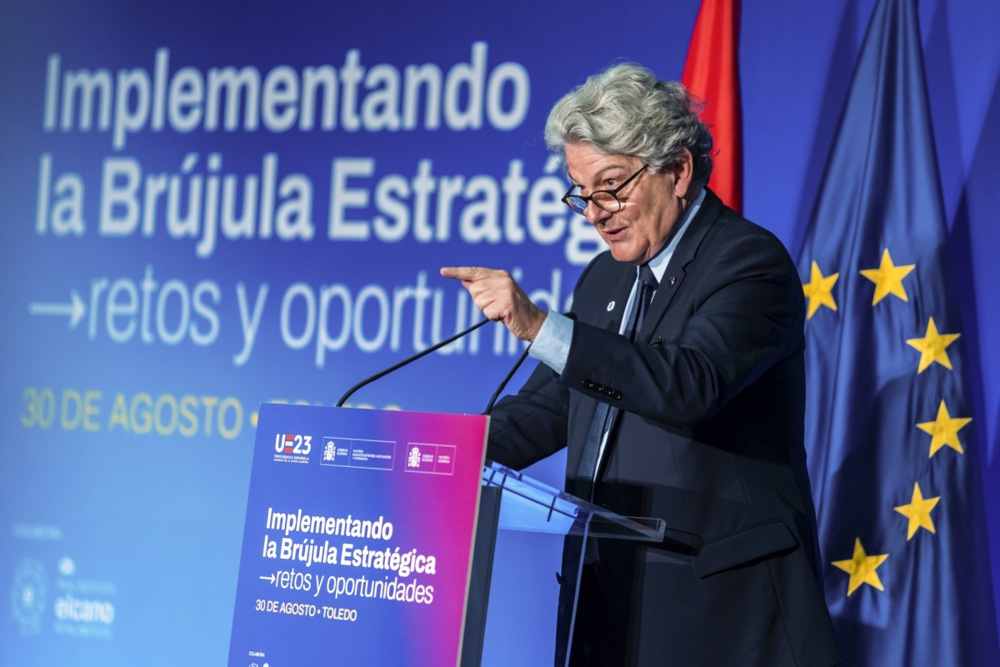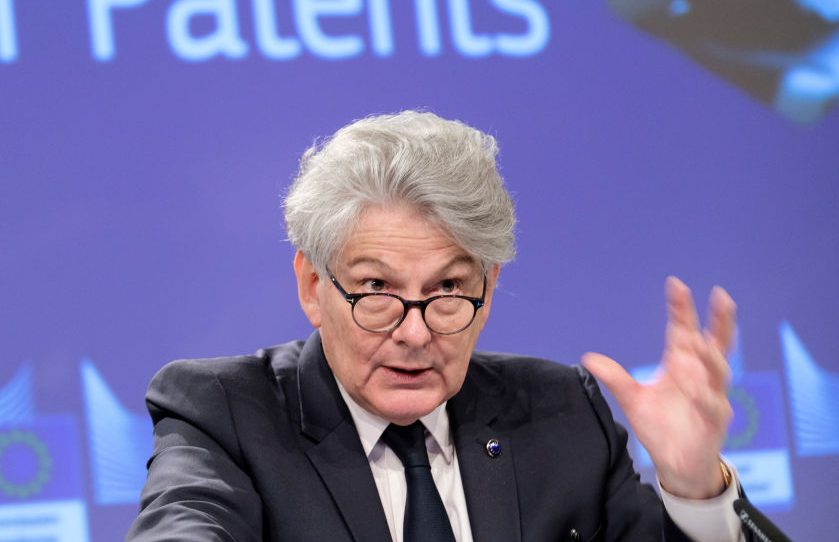The European Commission is plotting the use of Artificial Intelligence (AI) in the formulation of its policy documents, it has confirmed.
Writing on behalf of the body, Budget and Administration Commissioner Johannes Hahn said the technology was already actively being deployed by the EC in an attempt to improve efficiency.
“The Commission is also exploring AI as a technology in order to understand the possibilities it offers and to identify its potential impacts and risks related to the Commission’s internal processes,” he said.
He added that Eurocrats were looking to use the information generated by AI to guide the policy-making process, as well as other forms of decision making.
“Generative AI tools have the potential of taking on certain tasks of [a] technical nature, giving Commission staff the opportunity to perform activities with higher added value,” he continued.
Efforts to censor the internet in Europe must be left to the European Union and its Digital Services Act, the European Commission has told France. https://t.co/C6RmyA6Swa
— Brussels Signal (@brusselssignal) August 3, 2023
Hahn said that the European Union was already using various AI tools in its everyday business, citing its eTranslation and eSummary services, which provide full translations and translated summaries of European documents.
Brussels has been handing such services more powers in recent months, with it being announced back in June that the bloc would start trialling the issuing of machine-translated documents prior to human review.
Such documents are now being issued temporarily to journalists while official, human-translated copies are being worked on in order to allow faster media coverage of European events.
There is much speculation that the abilities of machine translation will be able to expand even further in the coming years. The EC’s translation service has shrunk by 17 per cent over the past 10 years.
Translators have insisted that their jobs remain important within the bloc, saying documents will still need to checked for errors and to ensure that all such translated ones use terminology appropriate for the Brussels Bubble.
The chamber voted to ban authorities from using facial-recognition artificial intelligence (AI) technology, in a move described as “a historic and great success”. https://t.co/PElVPfK16q
— Brussels Signal (@brusselssignal) June 15, 2023





